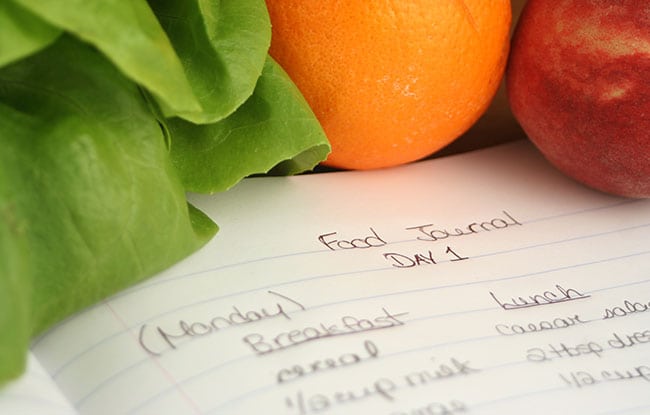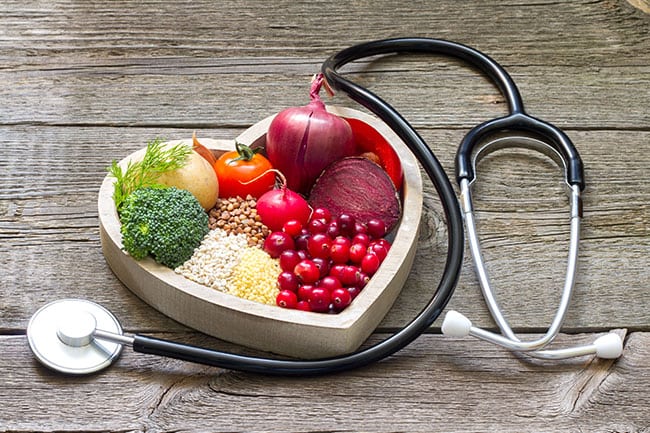
Your surgery is the first step toward a healthier life. It is important to remember that your surgery is only a tool to help you lose weight. To be successful, you must commit yourself to a new diet and way of eating. The guidelines may seem overly strict or complicated at first, but they will become easier with time. The following is a guide to help you along your weight loss journey.
Create a Food Journal
It is important to be aware of your eating habits and any unhealthy trends. The best way to become more cognizant of what you put in your mouth is to write everything down in a food journal. You should include:
- The type of food that you ate
- How much you ate
- When you ate
CONTACT US TODAY
Take Recommended Supplements
Gastric surgery can alter the way that your body absorbs vitamins and minerals. It is important that you follow your doctor’s recommendations regarding daily vitamin and mineral supplements to ensure that you get the proper nutrients. You should only take vitamins and supplements in a chewable or liquid form.
Maintain Your Metabolism
You can increase your metabolic rate by eating three small meals daily supplemented with one 30-gram protein shake. Each meal should also be high in protein. This will stave off hunger and keep you from snacking.
Avoid Carbonation
Sodas and other carbonated drinks can cause gas buildup, which can cause stomach stretching, discomfort, and even make you sick. You should avoid these types of beverages altogether.
Be Informed
Your doctor or nutritionist will recommend foods that you should eat and tell you which foods you should avoid. You should also become an avid label reader so that you can make informed choices about the food that you eat.
Drink Fluids Strategically
During the healing process, you should only drink beverages in small amounts at a time. You should also drink liquids about 30 minutes before or after your meals. Drinking beverages with your meals can flush the food from your stomach and give you the sensation that you can eat more than you should.
Savor Your Food:
You should allow at least 20 to 30 minutes for a meal. Tune out distractions such as your phone or TV so that you can focus on what is on your plate. Stop eating the moment you feel full. Continuing to eat past the point of fullness can make you sick and even cause your stomach to stretch.
Allow Time for Digestion
Do not lie down for at least an hour after eating. This will allow time for the food to start digesting and can prevent reflux and heartburn.


Get Physical
You should notice that your new healthy diet gives you more energy. Harness this energy by finding an exercise regimen that you enjoy. We advise our patients to exercise for 30 minutes or more three to five times a week.
The Importance of Protein
Protein helps promote healing following surgery. It will also help you build muscle mass as you exercise and can prevent hair loss. Be sure to follow your doctor’s recommendations for the amount of protein that you should get each day. If you have a hard time getting enough protein through your meals, shakes and powders are available that can help.

